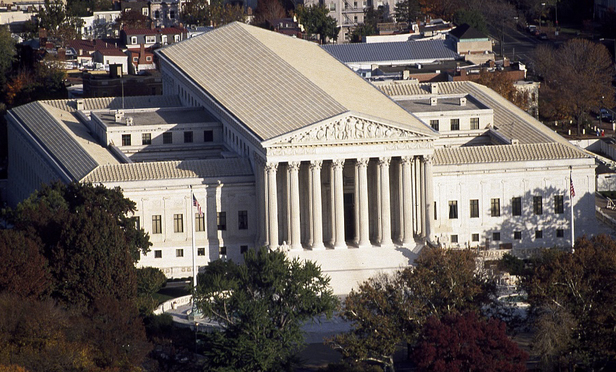Child abuse cases are notoriously difficult to prosecute, in large part because there are often few witnesses to the alleged abuse, and those witnesses are often very young. The question whether those young witnesses must testify about their abuse in court, therefore, has great practical and constitutional importance. The U.S. Supreme Court already held in 1990 that child abuse victims, under certain circumstances, can testify via closed-circuit television (and therefore not directly face their alleged abusers). The question before the court this term in Ohio v. Clark, No. 13-1352, is whether those victims need to testify at all.
(Disclosure: Cozen O’Connor filed a brief on behalf of the National Association of Criminal Defense Lawyers as amicus curiae in support of the respondent, Darius Clark, in the U.S. Supreme Court.)
This content has been archived. It is available through our partners, LexisNexis® and Bloomberg Law.
To view this content, please continue to their sites.
Not a Lexis Subscriber?
Subscribe Now
Not a Bloomberg Law Subscriber?
Subscribe Now
LexisNexis® and Bloomberg Law are third party online distributors of the broad collection of current and archived versions of ALM's legal news publications. LexisNexis® and Bloomberg Law customers are able to access and use ALM's content, including content from the National Law Journal, The American Lawyer, Legaltech News, The New York Law Journal, and Corporate Counsel, as well as other sources of legal information.
For questions call 1-877-256-2472 or contact us at [email protected]



